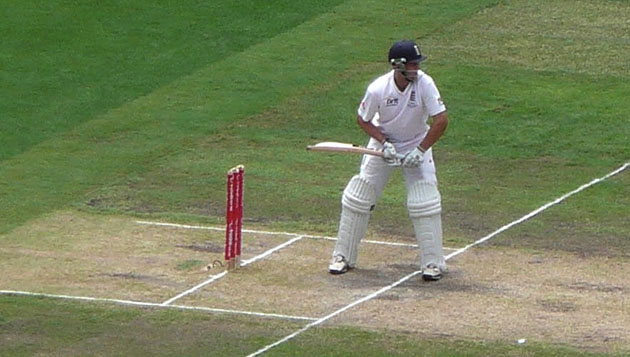Test Match cricket is the oldest and longest form of the game. It is played over five days between two national teams, each team batting and bowling twice. Test cricket is considered the ultimate format of the game, testing the technical abilities, patience, and temperament of players.
Why are cricket matches called Tests?
The word "Test" originated with the notion that sports matches played between national representative teams were the ultimate test of sporting ability. International matches in several other sports are also referred to as "Tests", such as rugby union, rugby league, netball, and field hockey (generally sports popular within the Commonwealth).
Test Nations List
There are currently 12 nations with Test playing status. The Test-playing nations are listed below, with the year of each nation's Test debut shown:
- England (1877) - officially representing England and Wales.
- Australia (1877)
- South Africa (1889) (Note: South Africa did not compete in international cricket from 1971 to 1991 due to their policy of apartheid)
- West Indies (1928) - The West Indies Test side is a geographically based confederation which includes the member countries: Jamaica; Barbados; Guyana; Trinidad and Tobago; Antigua and Barbuda; St. Kitt's-Nevis; Dominica; St. Lucia; St. Vincent and the Grenadines; Anguilla; Montserrat; and Grenada. (Each country by itself has too small a population to field a competitive Test side.)
- New Zealand (1930)

- India (1932) (Note: pre-1947 India included those parts of the sub-continent that are now Pakistan and Bangladesh)
- Pakistan (1952) (Note: pre-1971 Pakistan included that part of the sub-continent that is now Bangladesh)
- Sri Lanka (1982)
- Zimbabwe (1992)
- Bangladesh (2000)
- Ireland (2018) - a team representing all of Ireland
- Afghanistan (2018?)
Also, the ICC considering giving Test status to Kenya in the near future.
 image from the MCG Boxing Day test, 2010
image from the MCG Boxing Day test, 2010How do countries become Test-playing nations?
The status of test-playing nation is conferred upon a country by the International Cricket Council. The ICC makes the decision based on the applying nation's performance in matches against fellow Associate Members of the ICC and against Test match nations, as well as the level of organization of cricket and the existence of development programs for the sport within the applying nation.
Related Pages
- Ashes Test Matches
- Cricket World Test Championship
- Types of Cricket
- Summary of the sport of cricket


 Current Events
Current Events